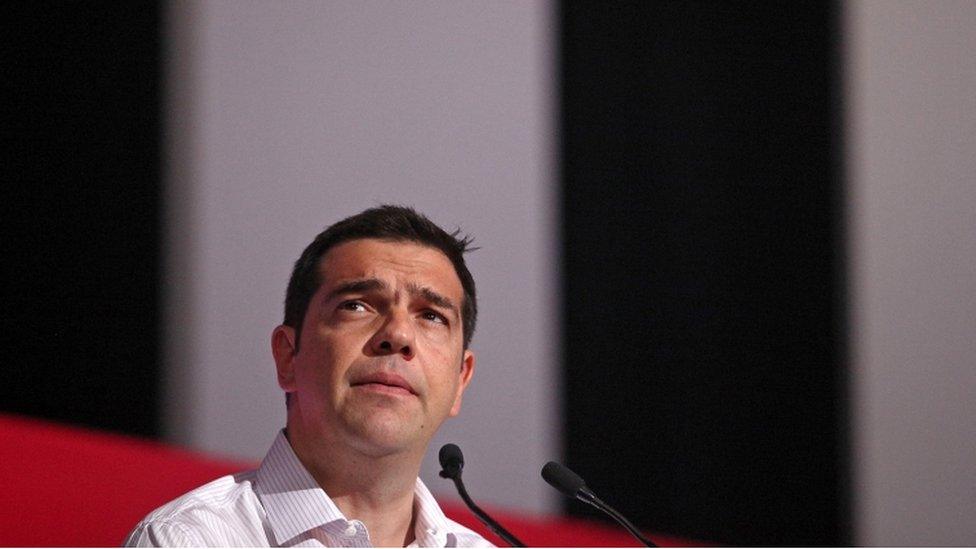Greek doctors' long hours 'break EU law', ECJ decides
- Published
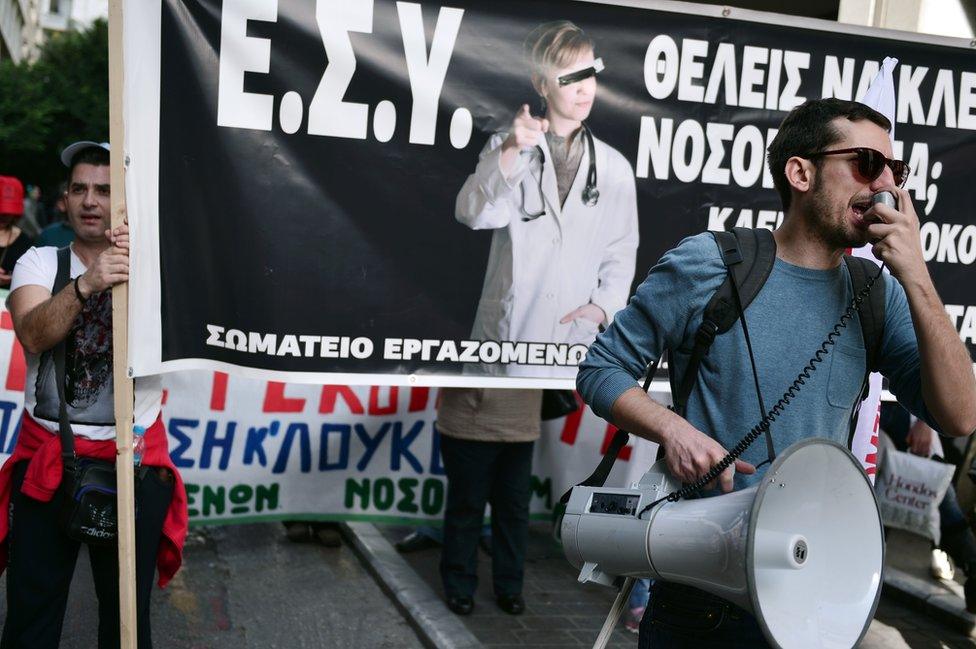
Greek medics protested in Athens this month over healthcare cuts
The EU's top court says Greece is violating EU law by allowing doctors to work long hours without adequate rest.
Ten Greek medical associations lodged a complaint at the European Court of Justice (ECJ) and were backed by the European Commission. The ECJ ruled in their favour, against Greek law.
The court said that Greek doctors "may have to work more than 24 consecutive hours and even up to 32 hours".
Greek healthcare has suffered major budget cuts under the EU bailout rules.
In 2008-2012 the cut in healthcare spending totalled 25%, a European Parliament report says, external.
According to the Athens government, the Greek healthcare system is short of 4,500 doctors as well as other medical and paramedical staff.
But Michael Vlastarakos, President of the Panhellenic Medical Association, said another 5,000 doctors and 15,000 nurses were needed.

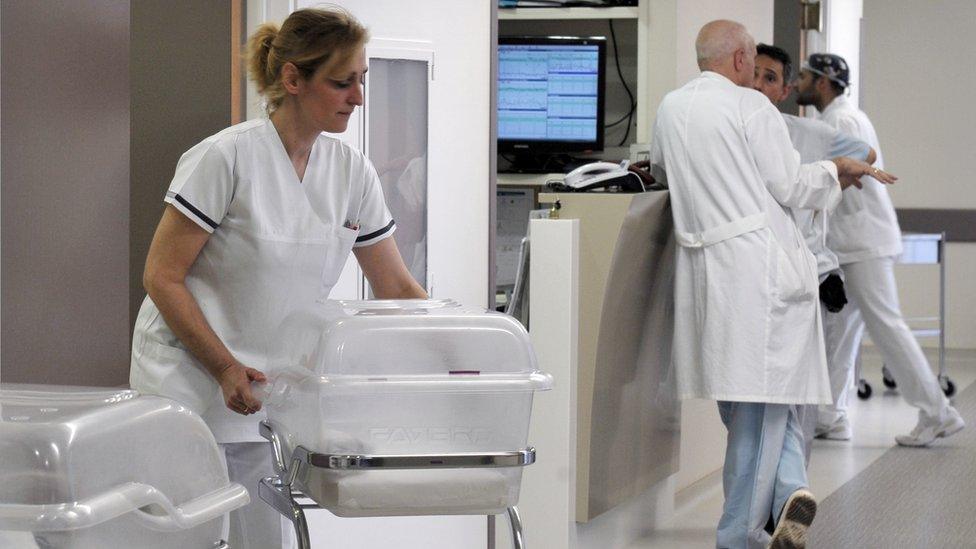
Workers are entitled to 11 hours' rest in a 24-hour period under EU rules
Doctor on call - by Dr Theodoros Theodoridis, hospital gynaecologist, Thessaloniki
In the public sector, where most people are cared for, doctors never get 11 hours' rest in a 24-hour period. Normally you get six to eight hours.
In my hospital when you have a night shift you are off the next day, so you don't continue working.
But provincial hospitals may have on-call every day - it depends how many doctors there are in each department, and many have a lack of doctors. They may do more than 24 hours continuously.
In the financial crisis more people are coming to the public service to be seen and waiting lists for surgery have increased. Waiting times have lengthened between a normal appointment and surgery, and that creates much stress for everyone.
They are not replacing medical staff who are on sick leave or who retire.

Heavily indebted Greece has drastically cut public spending, to make savings demanded by its international creditors - the EU and International Monetary Fund - in three bailouts since 2010.
The ECJ said Greek law violated the EU Working Time Directive, which stipulates that:
Average weekly working time cannot exceed 48 hours
All workers are entitled to minimum rest of 11 consecutive hours in each 24-hour period
Workers should also have 24 hours' minimum uninterrupted rest in each seven-day period, as well as 11 hours' daily rest.
Greece healthcare crisis
Decline in government spending
10%
of GDP went on healthcare in 2009
4%
of GDP is the expected spend for 2015
-
22% decline in allocated hospital funding in 2015
-
5,000 more doctors needed
-
15,000 more nurses needed
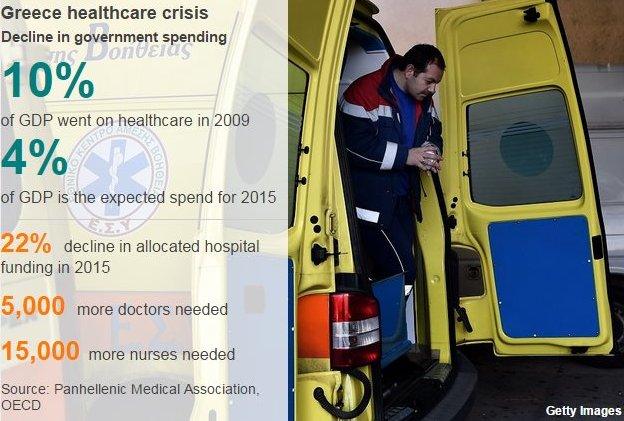
On-call duty extended the time Greek doctors are required to be at work, the ECJ said.
The ruling also criticised the Greek practice of postponing the 24-hour rest period for a week after the end of a doctor's on-call period.
The working time rules do not apply to the private sector - but most Greeks use the public healthcare system.
The economic think-tank OECD says Greece has the lowest number of nurses per 1,000 population in Europe.
- Published6 September 2015
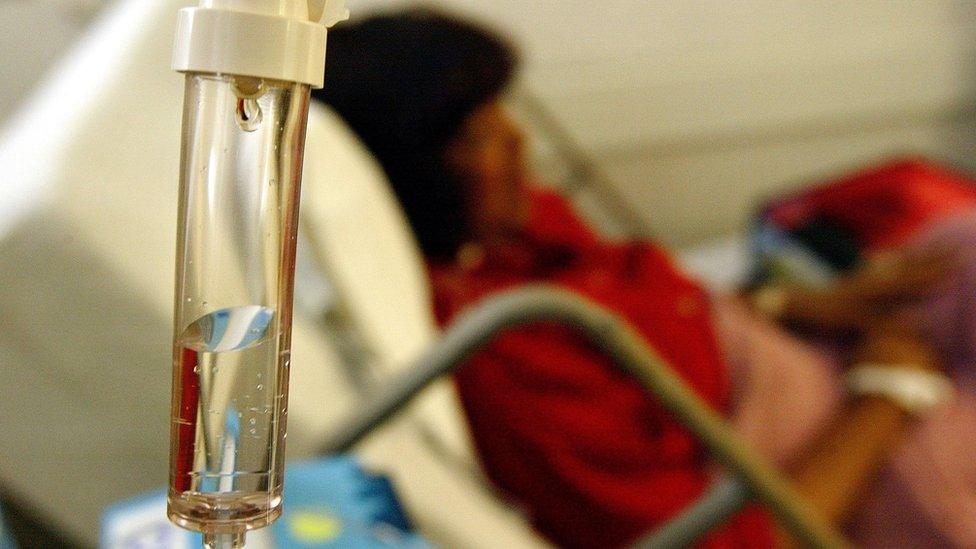
- Published7 July 2015
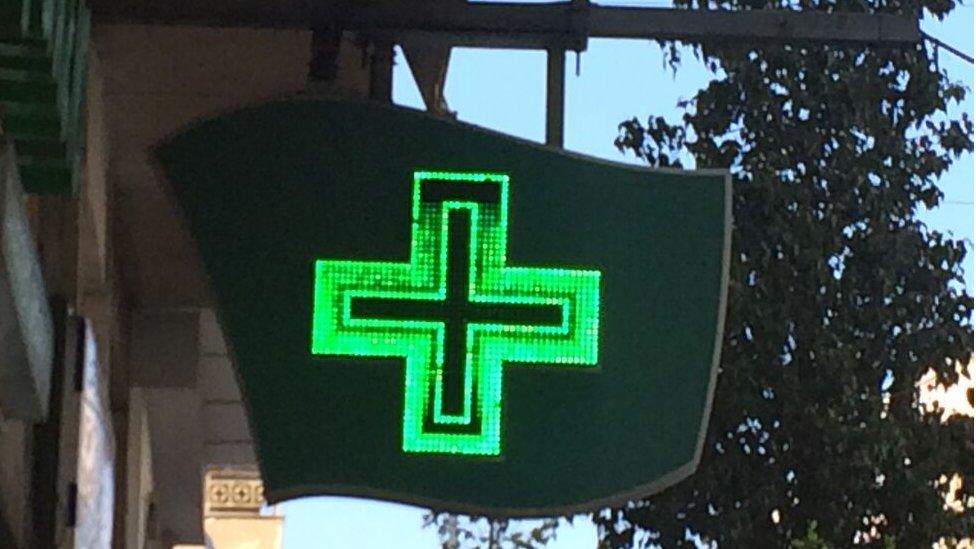
- Published23 December 2015

- Published12 August 2015
